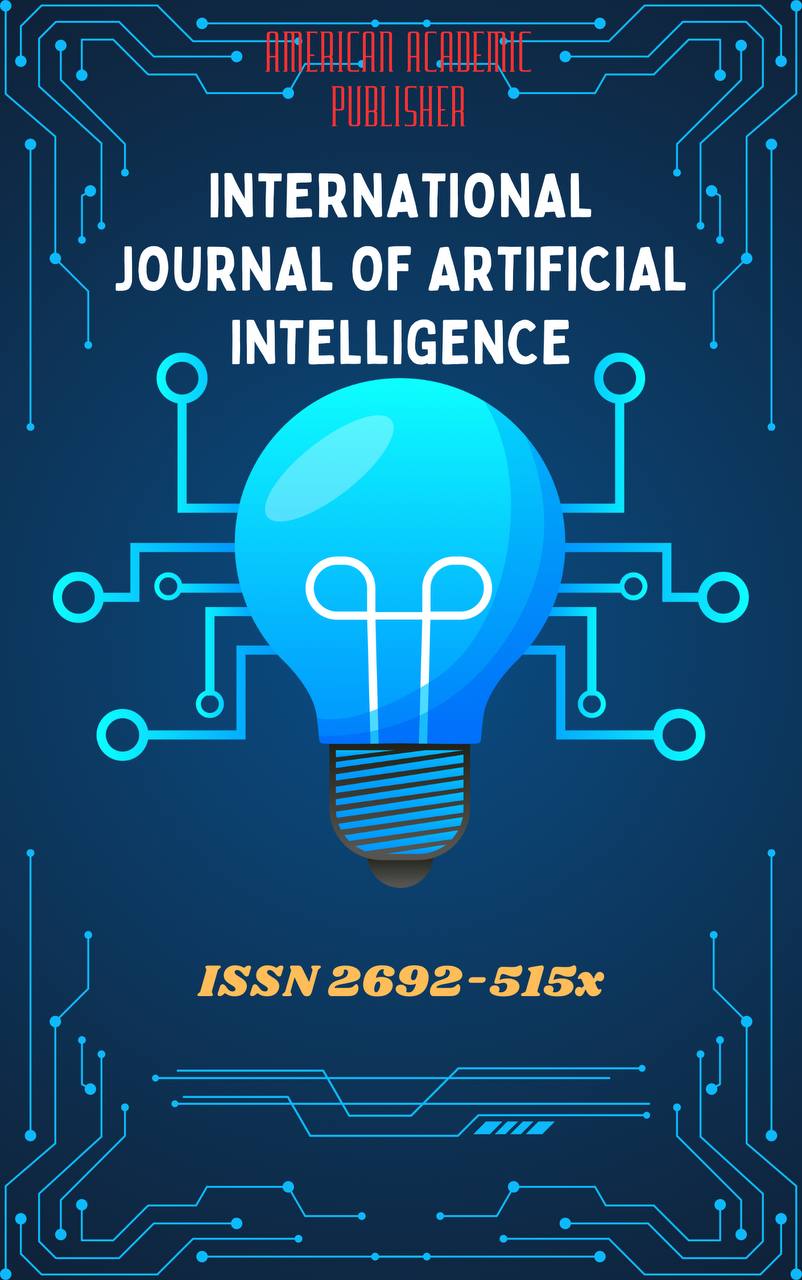 Articles
| Open Access |
Articles
| Open Access | INCLUSIVE EDUCATION IN THE DIGITAL AGE: OPPORTUNITIES, CHALLENGES AND PROSPECTS
Sh.A. Abduraxmanova , PhD, associate professor Head of the Department of Information Technologies, Tashkent State Pedagogical UniversityAbstract
In the modern world, digital technologies play a key role in the development of inclusive education, providing equal opportunities for learning for all categories of students, including people with special educational needs. The article examines the main opportunities provided by digital tools for creating an accessible educational environment, and analyzes the challenges associated with their implementation. Particular attention is paid to the prospects for the development of inclusive education, taking into account innovative technologies such as artificial intelligence, virtual and augmented reality, as well as adaptive educational platforms. The author emphasizes the importance of an integrated approach, including pedagogical, technical and social aspects, for the successful implementation of the principles of inclusiveness in the digital age.
Keywords
digital technologies, inclusive education, personalized learning, distance learning, sign language, dactyl alphabet.
References
Борисова, В. В., & Налбандян, О. Г. (2016). Информационная система «речевые технологии» как эффективный инструмент диагностики и коррекции речевых нарушений детей младшего возраста. Сборник материалов Ежегодной международной научно практической конференции «Воспитание и обучение детей младшего возраста» ( ООО Мозаика Синтез.
Стрельцов, В. Н., Налбандян, О. Г., & Борисова, В. В. (2016). Опыт применения компьютерных технологий для коррекции речевых нарушений у учащихся начальных классов. Инновационные проекты и программы в образовании, (5), 71.
Закирова, Ф. (2023). Теоретические и практические основы методической подготовки будущих преподавателей информатики в педагогических ВУЗах. Каталог авторефератов, 1(1), 1–42. извлечено от https://inlibrary.uz/index.php/autoabstract/article/view/42548
Abduxakimovna, A. S., & Mikhailovich, Y. V. (2023). APPLICATION OF DIGITAL LEARNING TECHNOLOGIES IN VOCATIONAL EDUCATION. ОБРАЗОВАНИЕ НАУКА И ИННОВАЦИОННЫЕ ИДЕИ В МИРЕ, 22(1), 143-145.
Abduraxmanova Shaxnoza Abduxakimovna, & Saydivosilov Saidiabzal Anvar ugli. (2023). THE NEED TO DEVELOP THE DIGITAL TECHNOLOGY SKILLS OF FUTURE COMPUTER SCIENCE TEACHERS IN UZBEKISTAN. World Bulletin of Management and Law, 23, 64-67. Retrieved from https://scholarexpress.net/index.php/wbml/article/view/2874
Aripov, M., Sharipbay, A., Abdurakhmonova, N., & Razakhova, B. (2018). Ontology of grammar rules as example of noun of Uzbek and Kazakh languages. In Abstract of the VI international conference “Modern problems of applied mathematics and information technologyal-Khorezmiy (pp. 37-38).
Bakiyeva, Z. R. (2022). Teaching computer animation to students through an electronic learning platform. Journal of Integrated Education and Research, 1(6), 26-28.
Begimkulov, U. (2013). Distance teaching and pedagogical education. Pedagogi-cal education,-Tashkent, 5, 19-21.
Mamarajabov Odil Elmurzaevich. (2022). Formation of students’ competence in the use of cloud technologies in the information educational environment. World Bulletin of Social Sciences, 8, 79-80.
Muratov Elvin Ilich. (2022). Problems of choosing innovative strategies for the educational process based on empirical methods. World Bulletin of Social Sciences, 8, 101-103. Retrieved from https://scholarexpress.net/index.php/wbss/article/view/732
Nurzada Amangeldy, Saule Kudubayeva, Akmaral Kassymova, Ardak Karipzhanova, Bibigul Razakhova, Serikbay Kuralov: Sign Language Recognition Method Based on Palm Definition Model and Multiple Classification. Sensors 22(17): 6621 (2022)
Paxton A.M. (Curriculum and Instruction). Submitted in fulfilment of the requirements of the Degree of Doctor of Philosophy. School of Education, College of Social Sciences. University of Glasgow. 2020. 321 p.
Simon E. The impact of online teaching on higher education faculty’s professional identity and the role of technology: the coming of age of the virtual teacher. Doctor of Philosophy. -2012. - 281 p.
Sharofat, O. R. (2023, May). Electronic learning resources and requirements for their creation. In International Scientific and Practical Conference on Algorithms and Current Problems of Programming.
Article Statistics
Downloads
Copyright License

This work is licensed under a Creative Commons Attribution 4.0 International License.

